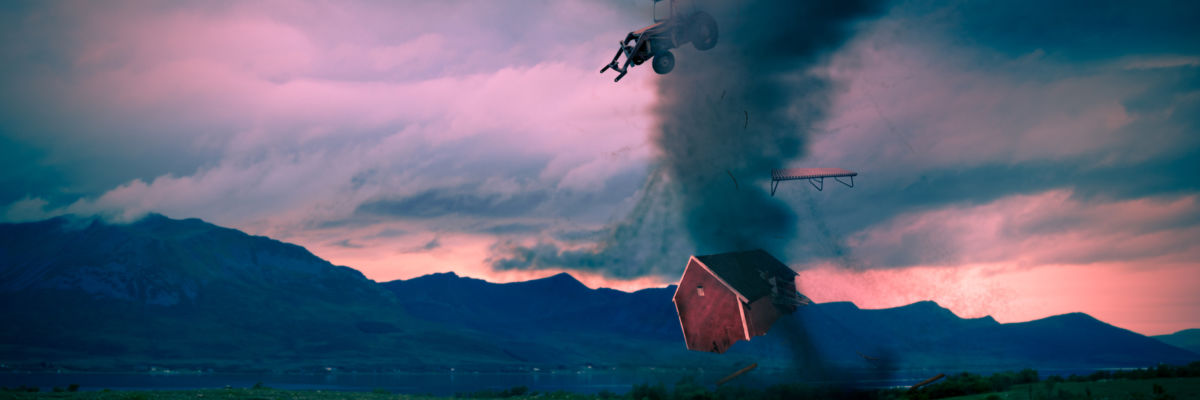
DAY 265
CHALLENGE
“Why would a good God allow natural disasters? It doesn’t seem to be because of original sin, because our telescopes and probes show that floods and quakes have occurred on other planets and moons.”
DEFENSE
Destructive events in nature are morally neutral in themselves.
A flood is just a wave of water passing over dry land. An earthquake is a shaking of the ground, typically caused by the motion of tectonic plates. Other “natural disasters”—volcanic eruptions, heat waves, cold waves, storms, and so on—fit the same pattern. They are changes in an environment caused by natural, physical forces.
We think of them as destructive disasters because of the impact they have on humans and other life-forms. However, considered in themselves they are morally neutral. If a flood, quake, or volcanic eruption occurs on a lifeless planet or moon then there is no harm. Such events are only physical evils when they impact life. Otherwise, they just involve natural forces moving matter around.
Even from the viewpoint of life, they are not always bad. For example, the elements necessary for life are released when stars collapse into white dwarfs or explode as supernovas. Sometimes an event is good for some life forms and bad for others. The cataclysm that killed the dinosaurs made the rise of mammals and man possible. If an earthquake causes a fox’s den to collapse, killing the fox, it allows all the rabbits the fox would have eaten to live.
God allows such events to occur because of the way the universe is presently configured. The Catechism says:
With infinite wisdom and goodness God freely willed to create a world “in a state of journeying” towards its ultimate perfection. In God’s plan this process of becoming involves the appearance of certain beings and the disappearance of others, the existence of the more perfect alongside the less perfect, both constructive and destructive forces of nature. With physical good there exists also physical evil as long as creation has not reached perfection (CCC 310).
In some cases, the suffering caused by such events may have beneficial effects that give it purpose (see Day 7). Other times, it may have no apparent purpose, but God can still make it up to us when we innocently suffer the effects of a natural disaster (see Day 38).



